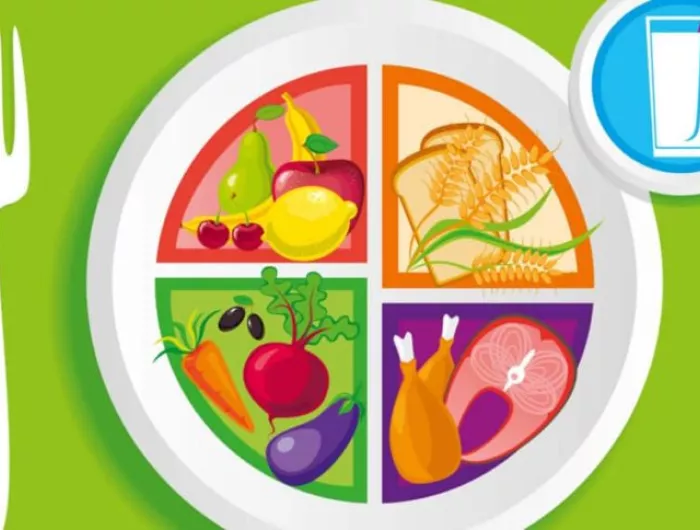Dietary guidelines drops expert panel’s added sugars recommendation

Statement of CSPI Policy Associate Jessi Silverman
Released today by the U.S. Departments of Agriculture and Health and Human Services, the 2020-2025 Dietary Guidelines for Americans is largely consistent with previous editions, and rightfully so. Research continues to affirm the benefit of a dietary pattern rich in fruits, vegetables, legumes, nuts, whole grains, low- or non-fat dairy, and seafood, and lower in red and processed meats, refined grains, saturated fat, and added sugars. As expected, the Guidelines also reaffirms the need for substantial reductions in sodium in the diets of both adults and children. Long awaited by advocates, this is the first edition of the Dietary Guidelines that includes advice for pregnant and breastfeeding women, infants, and toddlers under two years.
However, the Departments failed to update the Guidelines’ added sugars advice to reflect the best available evidence. Instead of heeding the 2020 Dietary Guidelines Advisory Committee’s recommendation that individuals over 2 years of age should consume less than 6 percent of total calories from added sugars, the new Dietary Guidelines retains the advice from the previous edition to limit added sugars to less than 10 percent of total calories. There is no question that individuals would benefit from reducing their intake of added sugars to less than 10 percent of calories, but they would benefit more by consuming less than 6 percent.
While it is disappointing that this edition of the Dietary Guidelines misses the mark on added sugars, people in the U.S. ultimately need much more than advice: CSPI urges the incoming administration to remove barriers to healthy eating in our stores, restaurants, and institutions, and to implement policies that actually help Americans eat according to the Guidelines. For the average consumer, the simplest translation of the government’s dietary advice remains the familiar MyPlate Plan, which recommends covering half of your plate with vegetables and fruit.
Tags
Topics
Contact Info: Jeff Cronin or Richard Adcock

